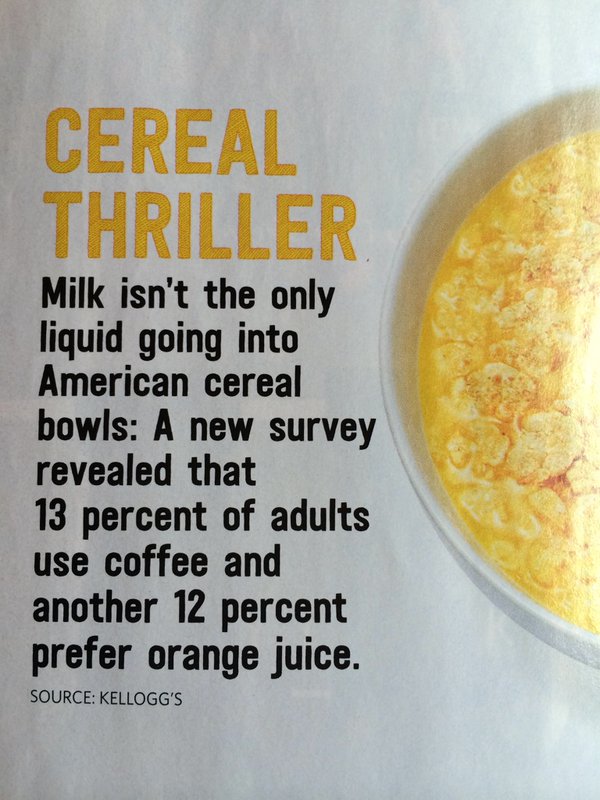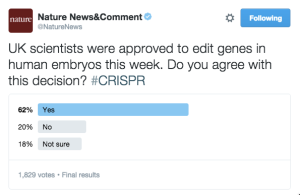Q: So, did you see that tea prevents hip fractures now?
A: The Herald story? Yes.
Q: Is this mice?
A: No, people.
Q: But it’s not experimental, it’s just correlation?
A: Yes, but better than usual.
Q: Why?
A: The two big problems with diet studies are that measurements are horribly inaccurate and that people who have healthy diets are also weird in lots of other ways which it’s hard to disentangle.
Q: So tea is different because it’s easy to measure?
A: They divided women into “3+ cups per day”, “Basically never”, and a middle group. It’s not hard to distinguish people who drink tea as their main liquid intake from people who hardly ever drink it.
Q: And the healthy weirdo effect?
A: Tea drinking isn’t really thought of as a health thing, and (among 80 year old Australian women) it’s probably not a social class marker either.
Q: You usually complain about extrapolation as well. Did they really measure bone density?
A: Better than that, they really measured hip fractures.
Q: So we can believe it?
A: Perhaps?
Q: What’s your issue with this one, then?
A: The evidence isn’t overwhelmingly strong, and we wouldn’t have heard about this study through the media it if it wasn’t positive. And there have been a lot of other studies with mixed results.
Q: As good as this one?
A: No, but still.
Q: Would it have helped if they’d measured bone density?
A: They did, and they found it didn’t explain all the correlation with tea drinking, which is a bit surprising.
Q: Don’t you always tell people those mediation analyses are unreliable?
A: I suppose. But bone mineral density is measured pretty accurately, so it should work better than usual.
Q: Why don’t you want tea to be beneficial?
A: I do want tea to be beneficial; I drink a lot of it. But almost nothing prevents hip fractures, and this is a big difference.
Q: How big?
A: More than 40% reduction for hip fractures, which is in the ballpark of what the potent bisphosphonate drugs manage.
Q: So should we drink tea?
A: It’s unlikely to be harmful, and it might help with fractures. If you hate the taste, though, this probably isn’t strong enough evidence to force yourself to drink it.
Q: How about eating green tea KitKat?
A: I’m fairly sure consumption of that was low in this cohort of elderly Australian women.

